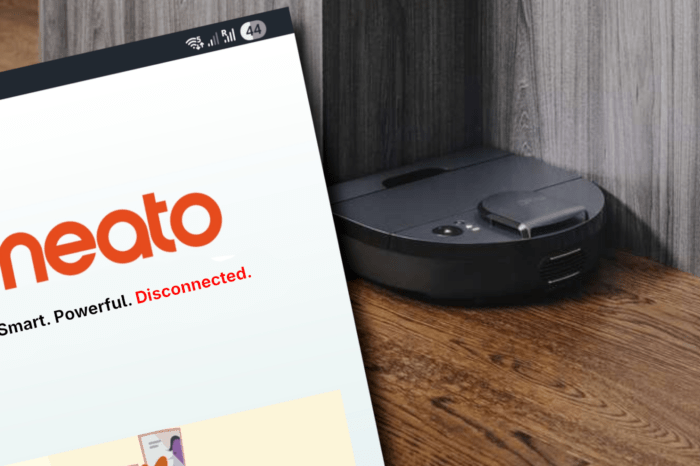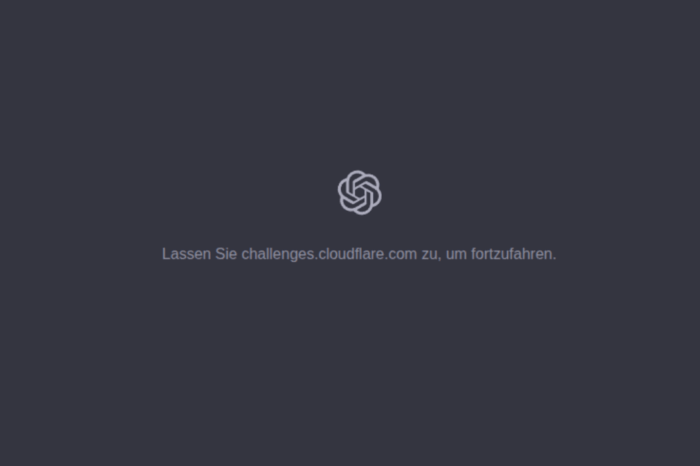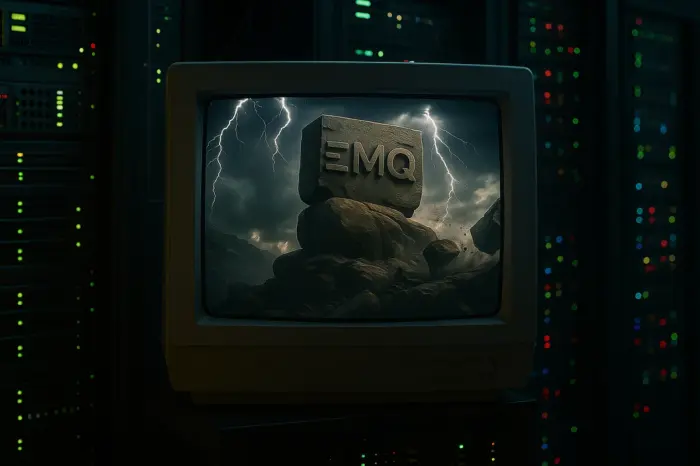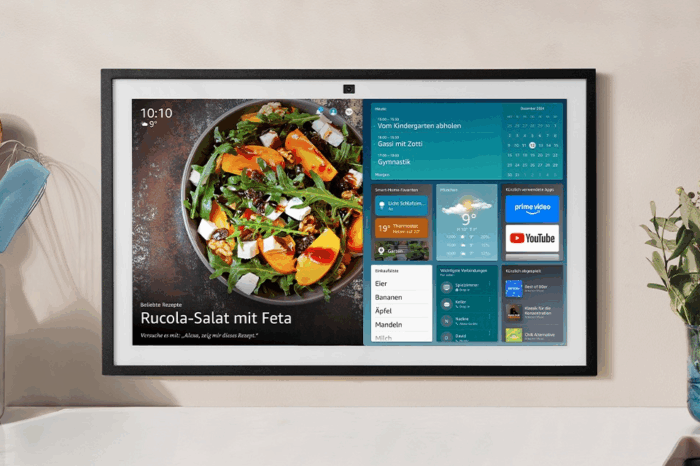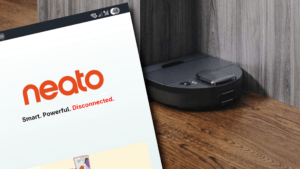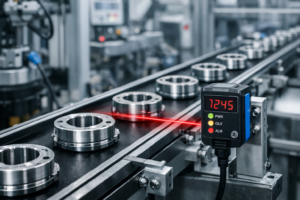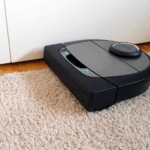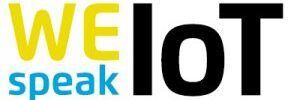Stop buying cloud products: When your “smart home” suddenly turns into electronic waste
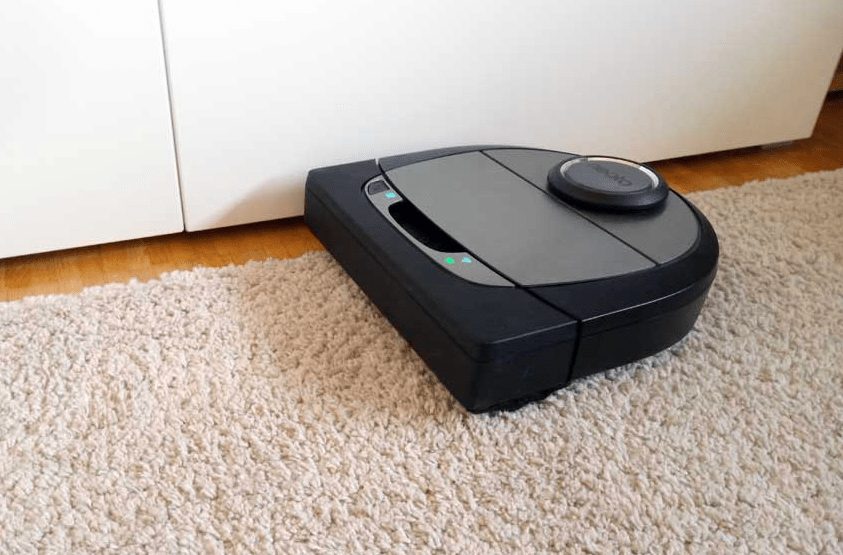
Wait, what’s going on here? An IoT blog criticizing the cloud? But without the cloud, the whole “Internet of Things” wouldn’t even work. Right – and that’s exactly the point. The dependence of many products on the cloud has become a serious problem for consumers. Time and again, manufacturers whose products fail to meet sales expectations or are taken over by other companies shut down their servers prematurely. Now Vorwerk pulls the plug from the Neato Cloud. Recently purchased hardware becomes electronic waste overnight. This has to stop!
In my column “Internet of Trash,” the cases are piling up. In August, the Aachen-based network equipment supplier Devolo announced the end of its “Home Control” products. By the end of 2025, app support for radiator thermostats, motion sensors, and smart plugs will cease – along with many functions that once made the system “smart” in the first place.
In this article
The long list of cloud fails
In February 2024, Amazon pulled the plug on its “Echo Connect” – after only about seven years on the market. In Germany, the “Echo Connect” had only been available since 2018. The add-on device for smart “Alexa” speakers made it possible to make phone calls not only between Echo devices but also to real telephone lines using voice commands. For people with mobility impairments, it was a real blessing. But overnight, the system became electronic waste after just a few years of use. A replacement solution still doesn’t exist today.
In 2022, Amazon also discontinued support for its “Cloud Cam,” introduced only five years earlier. At least the company offered its customers free replacement devices in the form of newly introduced “Ring” cameras. The e-waste, however, remained.
In the U.S. and Canada, the “Insteon” case left a lasting mark on the collective smart home memory: the company sold comprehensive home automation solutions such as switches, lamps, and thermostats. Insteon collapsed during the COVID-19 pandemic and shut down its cloud servers without warning in 2022. Customers were suddenly left literally in the dark with useless devices.
And do you remember Apple’s smart HomePod speakers? Lifespan: 2018 to 2021. Or Deutsche Telekom’s Smart Speakers? Lifespan: 2019 to 2023. Today, those devices are useful at best as simple Bluetooth speakers.
Vorwerk pulls the plug on Neato vacuums
Most recently, Vorwerk has “remotely scrapped” all robotic vacuums from the U.S. brand “Neato,” which it acquired in 2017. On October 6, the company announced the gradual shutdown of its Neato servers. As a result, the app will no longer work. The vacuums lose their “memory” and can no longer be scheduled or sent to specific rooms. They forget their “no-go” zones and can only be started as “dumb cleaning slaves” by pressing a button. They simply clean wherever they can reach. So, if you don’t want your bedroom vacuumed, you’d better close the door. The days of coming home to a freshly cleaned apartment are over. At IFA 2020, the latest Neato models D8, D9, and D10 were unveiled. The newest model, the “Neato D10,” hit the market in 2021. Four years later, it’s already over.
End the cloud paternalism!
Smart home control that only works for a few years? I’ve had enough. From now on, I’ll take a closer look at which products are locked into a manufacturer’s cloud and which ones offer alternative control options – such as the popular “Home Assistant”, a server solution that can be set up at home on a Raspberry Pi or local NAS and already supports many smart devices. For me, Neato and Vorwerk vacuums used to stand for real quality. My own D7 still works flawlessly after five years – in daily use. After this experience, I wouldn’t buy another device from them. You simply can’t rely on these manufacturers anymore.
Against e-waste: lawmakers must finally act
Just as the EU’s Directive (EU) 2022/2380 mandates standardized USB-C connectors for smartphones, tablets, cameras, and headsets – and for laptops starting in 2026 – to prevent a flood of proprietary power plugs and charging cables, there must also be rules to prevent artificially shortened product lifespans caused by cloud shutdowns.
Manufacturers should be required to disclose the APIs of their devices at the latest when product support ends, giving users at least the opportunity to continue operating their devices with full functionality. And if you don’t have the technical know-how yourself: the open-source community is large. There will always be tinkerers ready to provide a solution – as long as they’re given the chance.
Valetudo: Freedom for cloud vacuums
The “Valetudo” project is one such example. Sören Beye from Germany launched the project in 2018, and countless other developers have since joined. Valetudo already frees many robotic vacuums from their vendors’ cloud dependency by providing an independent control solution. A considerable number of robot models are now supported. The device firmware must first be “rooted,” meaning system access must be opened; afterward, the devices can be controlled via the Valetudo app, which can be hosted locally on a private server. Currently, Valetudo mainly supports robots from Roborock and Xiaomi.
When the ordinary customer becomes a burden
With cloud dependency, smart home manufacturers envisioned an endless revenue stream. Continuous updates and new features were meant to keep customers engaged and generate recurring income from a one-time product purchase.
But what happens when customers are simply satisfied with what they have or when sales targets are missed? The cloud quickly becomes an expensive liability for the manufacturer. The devices are sold, the revenue dries up, but the server operating costs continue. Anyone running a cloud product depends on steady income. To minimize losses, the plug is simply pulled after a few years. Products are deliberately bricked. Imagine car manufacturers refusing to provide spare parts after just five years.
Manufacturers are only hurting themselves with this artificially created dependency. The reputational damage after a cloud flop is enormous. Those who offer no alternatives lose customer trust.
Petition against the waste
Update: In the meantime, an online petition has been launched to urge the manufacturer Vorwerk to reconsider.




